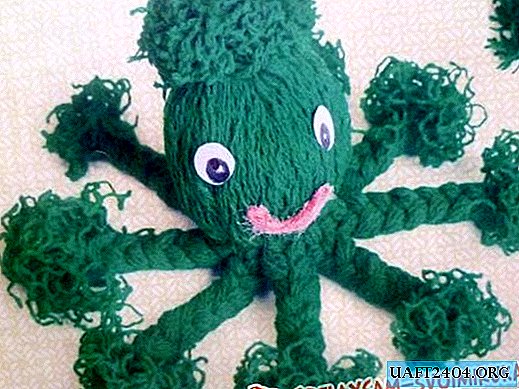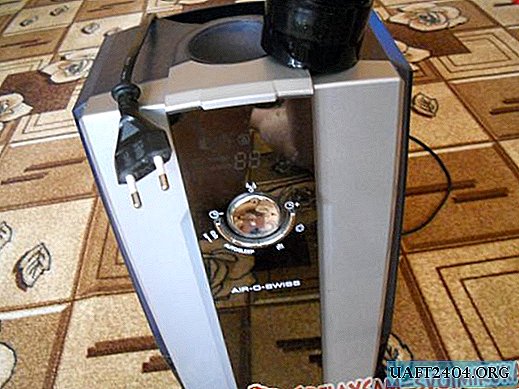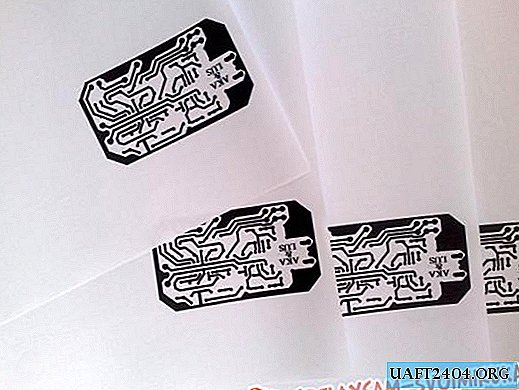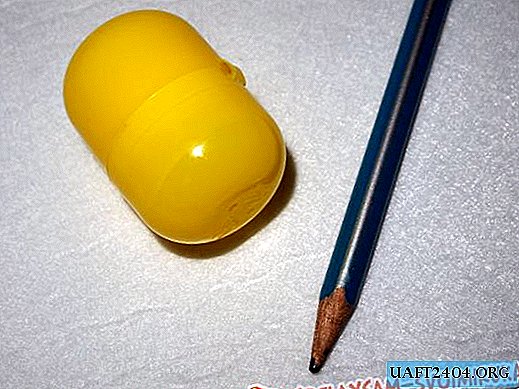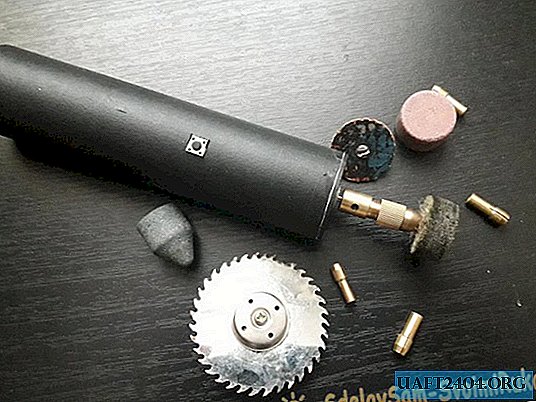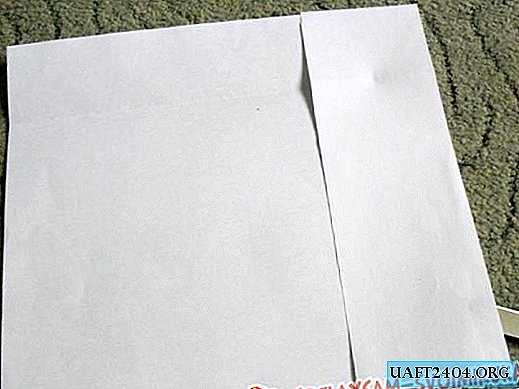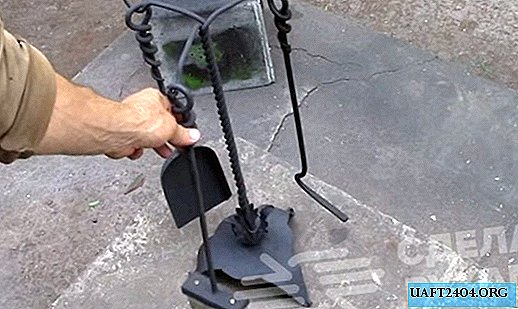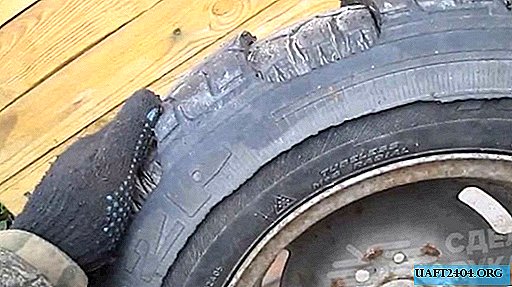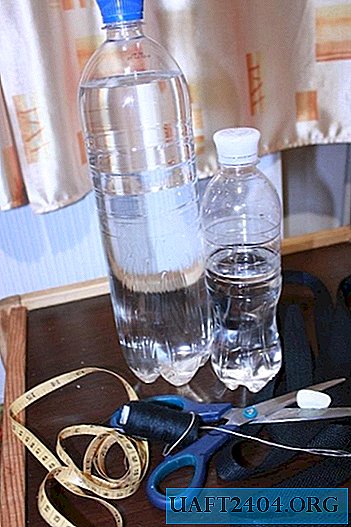Share
Pin
Tweet
Send
Share
Send
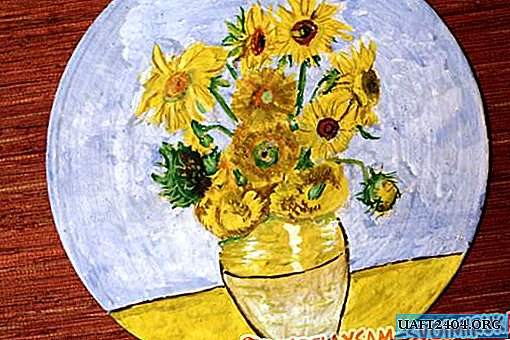
For such a picture you will need:
Gramophone record
Small wood shavings or paper napkins,
PVA glue,
Gypsum,
Pencil,
Different brushes
Primer acrylic,
Paints (gouache / acrylic).

Just to paint a record with paints is corny. I wanted to give volume to my future picture. To do this, wood chips are mixed with glue and a volumetric pattern is created with the help of the resulting mass. It’s more convenient to work along the outline outlined by a pencil. What kind of picture will it be is up to you. It can be a famous reproduction (like mine) or your own work.

Initially, I used paste made from flour as an adhesive. But such glue turned out to be unsuitable for vinyl and partially peeled off along with the chips. Therefore, it is better to take PVA. Chips can be replaced with napkins or toilet paper - from a paper impregnated with glue a voluminous pattern is also obtained.

When the glue with the chips / paper dries, we still have vinyl gaps. Since I was going to use gouache for painting, it became necessary to cover the entire surface of the plate with plaster diluted with water. Bred to a liquid state and painted with a wide brush. Ideally, dried gypsum still needs to be impregnated with an acrylic primer - the paint on such a surface will lay down easily and evenly.

A dry prepared record can be painted. The work will look more solid if you use acrylic paints. But for lack of such, ordinary gouache will do.



We start with the background, then move on to large objects and, at the very least, paint small details. Thanks to the hole in the center of the plate, the finished picture can be easily hung on a small carnation in the wall.

Share
Pin
Tweet
Send
Share
Send

